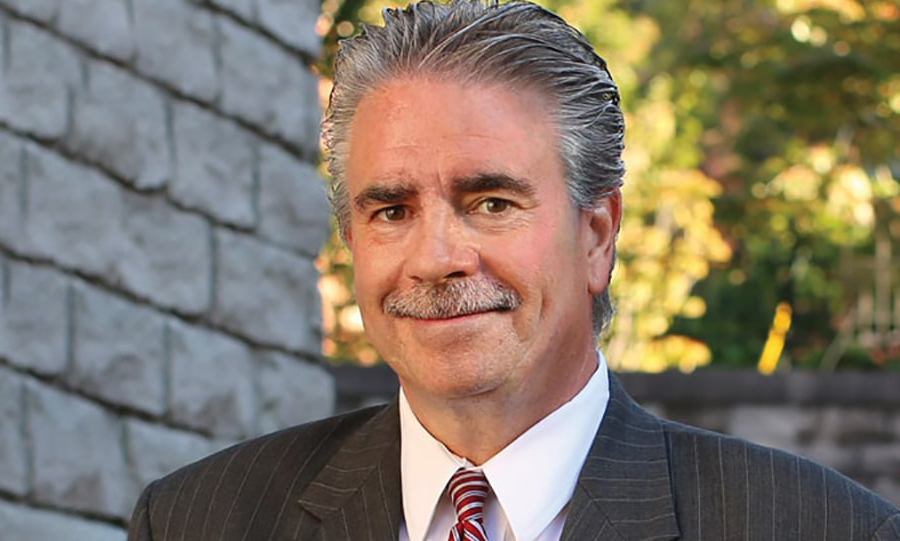Many employers are starting to institute mandatory vaccine policies and they are coming under attack by employees who have chosen not to be vaccinated. So far, these attacks have been fruitless as various governmental agencies have determined that employers may mandate the vaccine.
In December 2020, the Equal Employment Opportunity Commission issued a Q&A to state that employer could mandate a vaccine as a condition of employment. There are two exceptions to mandatory vaccinations, medical and religious. If an employee has a medical condition which is a contraindication for receiving the vaccine, the employee must be granted an exemption. Second, if the employee has a sincerely held religious belief that impedes the ability to be vaccinated, this can also be an exemption.
In May 2021, the EEOC issued a technical assistance to again state that employers may mandate the vaccine as a condition of employment and offer incentives to be vaccinated so long as such incentives were not coercive. Many employers have issued incentives to being vaccinated, including bonuses, extra vacation and other perks to encourage vaccination.
The EEOC publications were followed by the Department of Justice issuing a Memorandum Opinion for the Deputy Counsel to the President, dated July 6, 2021. The purpose of this memo was to determine if the “emergency use authorization” for the vaccine issued pursuant to Section 564 of the Food, Drug, and Cosmetic Act, 21 USC 360bbb-3 permits public and private employers to mandate the vaccine as a condition of employment. The DOJ ultimately concluded after a lengthy analysis that the EUA does not prohibit mandatory vaccine requirements.
One of the first hospital systems to mandate the vaccine was Houston Methodist, a major hospital system in Texas. Upon the announcement of this requirement, several employees filed suit to block enforcement of this mandatory policy. On Saturday, June 12th, Federal District Judge Lynn N. Hughes ruled that Houston Methodist may require its employees to be vaccinated against Covid-19, dismissing the employees’ claim that the mandate unlawfully coerced employees to be vaccinated or face termination. Jennifer Bridges v. Houston Methodist, 4:21-cv-01774 (S.D. Tex.)
In a short ruling, Judge Hughes said that the requirement broke no federal law. And that the mandatory vaccine requirement for all employees “is not coercion.” Rather, “Methodist is trying to do their business of saving lives without giving them the Covid-19 virus. It is a choice made to keep staff, patients, and their families safer. Employees can freely choose to accept or refuse a Covid-19 vaccine; however, if they refuse, they will simply need to work somewhere else.”
The lawsuit arose after Houston Methodist became one of the first major healthcare systems to mandate employees to be vaccinated. 178 of its 26,000 employees refused to be vaccinated. Subsequently, the employees sued the hospital, arguing that vaccines are “experimental and dangerous,” even comparing the vaccine mandate to the “forced medical experimentation during the Holocaust.”
Judge Hughes said the plaintiffs’ allegation that the vaccines are “experimental and dangerous” is both false and irrelevant. Additionally, he said that “equating the injection requirements to medical experimentation in concentration camps is reprehensible.”
The lawyer representing the plaintiffs told the media that they’re not done “fighting this unjust policy,” and that his clients are committed to appealing the decision. In any case, the decision marks an early test of how challenges to future vaccine mandates may hold up in the courts.
Indiana University also instituted a mandatory vaccine policy for staff and students to return to campus in fall 2021. Several students filed suit to stop such a policy, and this was blocked by a federal judge. The students argued that this policy violated their 14th Amendment rights and they had a relatively low risk of developing serious symptoms based on their age. They compared the vaccination policy to the Tuskegee syphilis study. The judge in his ruling, stated, “The situation here is a far cry from past blunders in medical ethics like the Tuskegee Study.” The school argued, the students were given option, get the vaccine to attend classes in person, apply for an exemption or find a new school. Students could also choose to defer a semester or attend all remote classes. The ruling has been upheld by the 7th Circuit Court of Appeals and a right to appeal was denied by the United States Supreme Court. Indiana University is one of over 600 universities to issue such a policy, including the entire Ivy League.
It is anticipated that full FDA approval for the vaccines is forthcoming, and that this approval will cause many other employers to issue a mandatory policy. To date, none of the legal challenges to these mandatory policies have been successful.
*DBL Law Summer Associate Tyler Powell contributed to this article.




